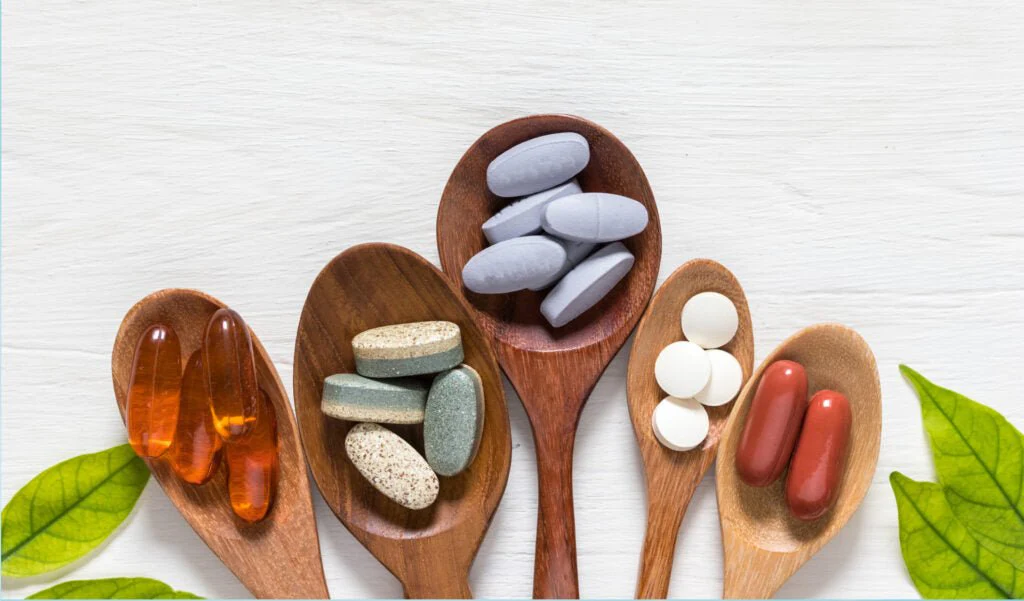India’s nutritional supplements market is entering a golden era. With an estimated market size of USD 42.97 billion in 2024 and a projected CAGR of 8.1% through 2030, this sector is more than a consumer trend—it’s a societal shift. As a consultancy deeply entrenched in sports, wellness, and lifestyle markets, we believe this moment marks a pivotal opportunity for brands, investors, and policy-makers.
What’s Fueling the Surge?
India’s demographic advantage—one of the world’s youngest populations—is paired with increasing disposable incomes, rising urbanization, and widespread health awareness. Lifestyle-related diseases such as obesity, diabetes, and cardiovascular issues are pushing the general population to proactively pursue wellness, shifting nutritional supplements from luxury to necessity.
But what differentiates India’s market from the global narrative is the convergence of tradition and technology. The popularity of Ayurveda and herbal-based products is not a retro trend—it’s the core of innovation. Government backing of the AYUSH ecosystem has amplified interest in plant-based and natural products, and startups are responding with vigor.
Coupled with the explosion of e-commerce and digital health platforms, access to tailored wellness products is spreading beyond metros to tier-2 and tier-3 cities.
Health Gaps Drive Supplement Demand
The reality is sobering: nutrient-poor diets have become the norm. National Family Health Survey data highlights critical gaps—57% of women and 25% of men between 15 and 49 suffer from anemia. The prevalence of obesity among adults, rising at over 24%, underscores the urgency for intervention.
This nutritional vacuum is creating space for targeted supplements—not just multivitamins, but personalized formulations aimed at correcting deficiencies, boosting immunity, and improving quality of life.
Product Spotlight: What’s Leading?
1. Functional Food & Beverages – Accounting for nearly half the market share in 2024, these products tap into daily routines with fortified snacks, protein beverages, and probiotics. With brands like Plix entering this space with plant-based offerings, the segment’s appeal is both aspirational and accessible.
2. Sports Nutrition – Fuelled by a national push on fitness through initiatives like Khelo India, sports supplements are gaining credibility. Younger consumers are now treating protein powders and amino acid blends as essentials, not extras.
3. Powder Formulations – With nearly 38% of the market, powders remain dominant. Their customizability, affordability, and compatibility with plant-based diets ensure continued relevance, especially in the vegan and lactose-intolerant demographics.
4. Capsules & Softgels – The fastest-growing segment. These appeal to older populations and busy professionals alike due to their convenience and ability to deliver complex supplement stacks in one dose.
Who’s Buying and Where?
Adult Consumers (51.78%) dominate the buyer segment, driven by lifestyle diseases and sedentary habits. But expect exponential growth in the geriatric segment. India’s over-60 population will more than double to 347 million by 2050. Supplements will play a central role in healthy aging.
Sales Channels are evolving. Brick-and-mortar retail still reigns, especially through outlets like Nutrabay. However, e-commerce is on fire—bolstered by government-backed platforms like ONDC and India’s 800 million internet users. D2C brands now have a direct line to health-conscious millennials and Gen Z buyers.
Wellness with a Purpose
Weight management supplements remain the market leader, reflecting rising urban obesity levels and aspirational body standards shaped by social media. However, the sports & athletics segment is set to take off—fueled by gym culture, yoga, and a generation prioritizing recovery, energy, and endurance.


